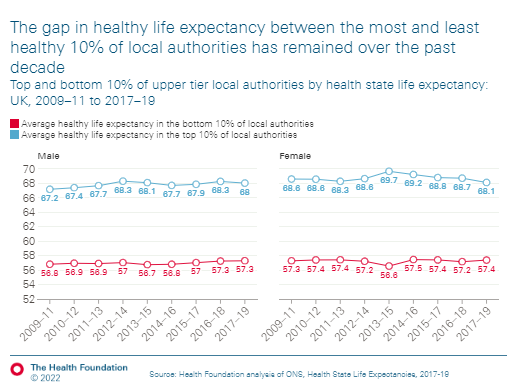Remarkable pre-print on adherence to Test & Trace guidance from @SusanMichie @louisesmith142.
TL/DR: 50% surveyed correctly recognise symptoms, 12% get a test, 18% isolate, 76% intend to share contacts, 11% of contacts isolate.
*not yet peer reviewed*
medrxiv.org/content/10.110…
TL/DR: 50% surveyed correctly recognise symptoms, 12% get a test, 18% isolate, 76% intend to share contacts, 11% of contacts isolate.
*not yet peer reviewed*
medrxiv.org/content/10.110…
Longitudinal survey including 31,737 people over 5 months from March.
Just 50% know COVID symptoms (no change over time)
Of those with COVID symptoms - just 18% isolated (getting worse over time) and 12% requested test (no change over time despite increasing test availability)


Just 50% know COVID symptoms (no change over time)
Of those with COVID symptoms - just 18% isolated (getting worse over time) and 12% requested test (no change over time despite increasing test availability)



Although 76% did say they would share details of close contacts (not far off T&T data but note, this is intended behaviour only, not actual) 

Most disappointing, and what the gov is targeting with payments for those on low incomes and fines for non-compliance, is just 11% of contacts quarantined after being told by T&T that they're a contact.
With no change over time.
With no change over time.

And the impact on inequalities that goes with everything COVID touches is here again.
Non adherence generally associated with being male, younger, having a dependent child, lower socioeconomic group, greater hardship, knowing less about the guidance, being a key worker.
Non adherence generally associated with being male, younger, having a dependent child, lower socioeconomic group, greater hardship, knowing less about the guidance, being a key worker.
Puts to population I tweet about every week into perspective.
They're a really selective group - choosing to get tested, to speak with T&T, to share contact information.
The reality is that many aren't getting tests (or can't), aren't isolating etc.
They're a really selective group - choosing to get tested, to speak with T&T, to share contact information.
The reality is that many aren't getting tests (or can't), aren't isolating etc.
https://twitter.com/ADMBriggs/status/1309166302779576327?s=20
The reasons are going to be complex - can't afford to, need social/economic support, pressure to work, caring responsibilities, not being informed or trusting information, etc.
In summary, through to the beginning of August, half those surveyed correctly recognise symptoms, 12% request a test, 18% isolate when symptomatic, 76% intend to share contacts, and 11% of contacts isolate.
The discussion is great on teasing out the policy implications, but generally better information, financial support, social support, easy access to tests, and more trust in the guidance are going to help.
It's not about being defeatist, it's about doing things better.
It's not about being defeatist, it's about doing things better.

We say some of this here.
I hope that policies aimed at increasing isolation & improving T&T have ongoing evaluations with published results, so we can see how effective policies are, their impact on inequalities, and to design betters ones next time.
health.org.uk/publications/l…
I hope that policies aimed at increasing isolation & improving T&T have ongoing evaluations with published results, so we can see how effective policies are, their impact on inequalities, and to design betters ones next time.
health.org.uk/publications/l…
• • •
Missing some Tweet in this thread? You can try to
force a refresh

























